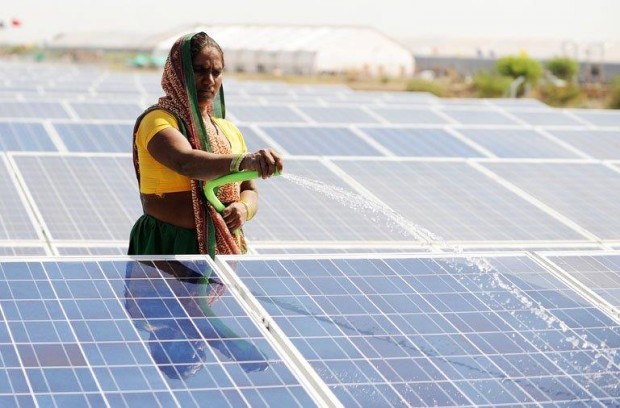The Empire Strikes Back: The Return Of The WTO
By Polly Jones for Counter Punch - The last time the World Trade Organisation met was in December 2013. Back then neither the negotiations on the Transatlantic Trade and Investment Partnership (TTIP) nor the campaign to stop TTIP had even started. Trade seemed to be off the agenda and after years of stalled negotiations the WTO was expected to slowly become irrelevant. The WTO is meeting again this week but this time in Nairobi and for the first time in Africa, and I will be there. While there are some obvious similarities to previous WTO negotiations – fears that no agreement will be reached and entrenched positions of the global north and south – many other aspects are entirely different.















